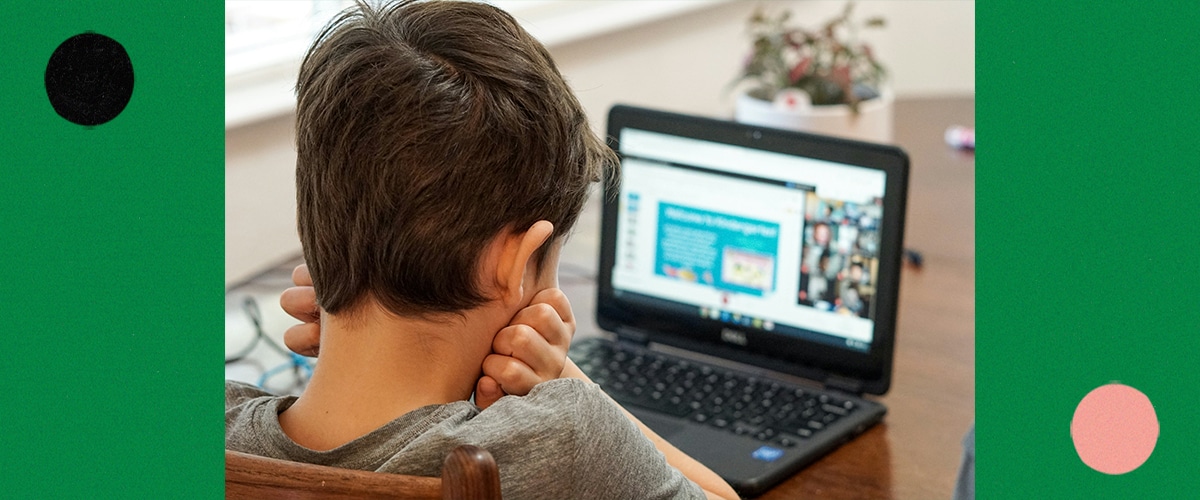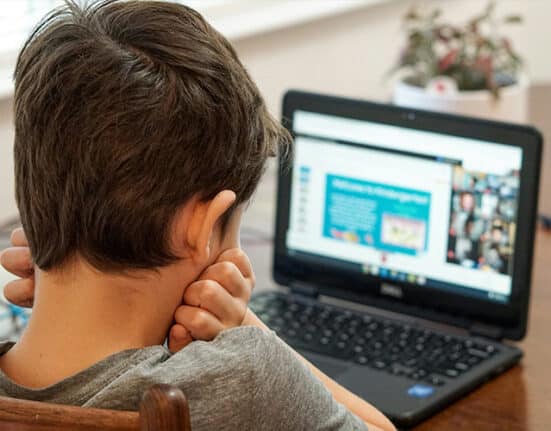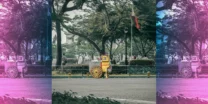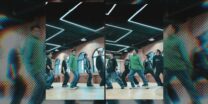BACK in 2022, the Philippines was ranked No. 1 in the Online Sexual Abuse or Exploitation of Children (OSAEC.)
The Philippine government has done its best to combat this, with the Philippine National Police (PNP) cracking down on online child predators, as well as with the recent passage of the Republic Act 11930, otherwise known as the “Anti-Online Sexual Abuse or Exploitation of Children (OSAEC) and Anti-Child Sexual Abuse or Exploitation Materials (CSAEM) Act.”
This act, created in 2022, aims to protect children from any forms of abuse or exploitation online. It hopes to quell the continued rise in the number of OSAEC cases in the country, but many continue to question if this is enough – if this can guarantee the safety of their children.
This is also in consideration of the fact that some, like Norielyn Lariosa of Salinlahi, have noted how slow the justice system moves in the Philippines. It often takes years for cases to be resolved, and that’s if they’re ever resolved at all.
Since the pandemic, almost everyone has been online. The shift to online classes had led to more people having their own gadgets and social media accounts despite age restrictions on many websites. This means that it has become much easier for child predators to find victims online.
To discuss what the government has been doing to address this problem, republicasia spoke with Police Brigadier General Portia Manalad, the current chief of the Women and Children Protection Center (WCPC) of the Philippines.
Working with law enforcement in other countries
Manalad explained that the PNP is taking numerous measures to guarantee the safety of children in the Philippines, be it online or in real life. Just last year, the WCPC dealt with 54 cases of OSAEC—included in this is the arrest of perpetrators and the rescue of the victims.
She said that perpetrators in these cases often came from other countries – Australia, America, Germany, Norway, Sweden, the UK, and Canada, to name a few. As such, the PNP has connections with federal law-enforcement agencies all over the world.
This is in line with the creation of the Philippine Internet Crimes Against Children Center (PICAC,) with the founding members being the Australian Federal Police and the WCPC.
Here, the member agencies hold weekly meetings where enforcement agencies talk about OSAEC cases in and out of the Philippines. The meetings serve as an information exchange hub to ensure that perpetrators can be caught regardless of where they may be.
Other agencies involved are the National Bureau of Investigation, the UK National Crime Agency, the Netherlands Police, the HSI Homeland Security Investigation, the US Federal Bureau of Investigation, and the International Justice Mission.
These agencies report cases of OSAEC happening in their countries where Filipinos may be the victims. They work hand-in-hand with the PNP to catch the perpetrators.
“We do rescue, we do arrests; we arrest yung mga facilitator natin dito sa Philippines,” Manalad said.
While the PNP partners with other Philippine law enforcement agencies, it’s these foreign agencies that arrest perpetrators outside the country as they are beyond the PNP’s jurisdiction.
She continued: “Then we rescue yung bata, or yung victim, to give justice, para makuha din namin yung disclosure kasi sa mga ganitong cases, pinakamalaki yung [masasabi] ng nang-aabuso yung kanyang disclosure [sa] kung ano yung nangyari sa kanya. Part ito ng pagtulong sa kanya para maka-recover.”
The PNP is also a part of the National Center for Missing Exploited Children (NCMEC,) an organization in the US. If, for example, they were to see OSAEC materials online and found out that the children in these materials were Filipinos, they then report it to the Department of Justice (DOJ,) which then passes the case to the WCPC.
Aside from this, the WCPC and other units of the PNP attend seminars to protect their systems used in dealing with OSAEC. They were also provided special protective measures to counter cyberattacks to ensure that they would have no problems with tracking down perpetrators.
The PNP also collaborates with other companies that cater to Internet users, particularly Internet Service Providers (ISPs.) This is also in line with the Anti-OSAEC Act, wherein ISPs are required to comply with the police if ever they need help with internet-related cases.
One such way that this has helped is that the PNP recently requested the Department of Information and Communications Technology (DICT) and the National Telecommunications Commission (NTC) to block websites containing child pornography in the Philippines.
Things to look out for
“Pagdating sa Internet, lahat ng klase ng paraan, ginagawa ng ating mga perpetrators to lure children,” said Manalad.
When it comes to child predators online, she notes that they often come from more developed countries and that it’s unusual for them to see perpetrators that are Filipinos.
“Meron kaming isang case na ang bata ay eight months old,” she recalled. “Ang range talaga na medyo malaki sa atin dito sa Philippines is 7 to 14 years old.”
Meanwhile, the age of the perpetrators of OSAEC often ranges from 30 to 70 years old, with facilitators in the Philippines being much younger; often they are only 20 to 30 years old.
In the role of facilitators in OSAEC cases, Manalad said: “Sila yung mga middleman. Sila yung nag-groom or nag-influence dun sa bata, and then sila din yung kausap ng perpetrator kung saang website yan, saan nila inupload yung mga pictures. Sila yung kausap and then sila din yung sa transaction ng bayad.”
While any platform can be used by child predators, Manalad noted that Facebook and Telegram are the most used for OSAEC.
Certain symbols such as emojis are also commonly used to communicate sexual messages to children nowadays. Something as innocent as an eggplant or a donut may have a double meaning, hence the importance of monitoring the social media of children to better protect them from this issue.
In dealing with this, the PNP plans to share this information as part of an awareness campaign in different schools around the Philippines.
She explained: “Kami dito sa WCPC, we will make sure na we will provide a wide [range] of this kind of information for everybody, hindi lang sa bata [o] sa mga generation ngayon, kundi pati dun sa mga magulang talaga.”
When it comes to the children, some warning signs that they may be victims of OSAEC are the following:
- Sudden / extreme changes in behavior
- Self-isolation
- No longer eating or eating less
- Spending more / a lot of time on the Internet
- Living with parents who don’t work but are doing well financially
Role of parents, guardians, communities
While the PNP is doing all that it can to counter the problem of OSAEC in the Philippines, Manalad said that there is still a need for the parents and / or guardians of these children still need to help them protect their children.
Yes, it’s hard to monitor your child’s social media. There are many reasons behind this: children often have passwords on their phones nowadays, keep their social media accounts private, or block their parents so they can’t see the contents of their pages.
Manalad explained that parents must understand the websites their children are using, as well as what they’re doing on these sites.
“Nung pandemic, maraming nag-iinternet na mga bata kasi ginagamit sa school pero yung mga magulang nila hindi marunong mag-internet, so pinapabayaan lang yung ginagawa ng mga anak nila,” she said.
“Hindi nila nalalaman na pumapasok na sila sa sites na hindi dapat pasukan, na hindi dapat mapanood o makita ng mga bata.”
Manalad also urged Internet and social media providers to limit the access of children on their websites to prevent OSAEC cases from growing further.
“Ang tulong ng community ay kailangan ng tulong ng bawa’t isa,” she said.
She advised parents or guardians to always provide time for their children. More than this, there is a need to educate themselves about the Internet, and for them to get a better idea of what’s trending online.
It would also help to know who your children are talking to online, and if you were to see some red flags in your child, then perhaps this is the time to involve government agencies like the PNP, the WCPC, DSWD, or even DepEd.
Even if you aren’t a parent or a guardian – if you’re just a citizen concerned for someone in your community – you should still speak out against any suspicious behavior that may be happening in your neighborhood.









